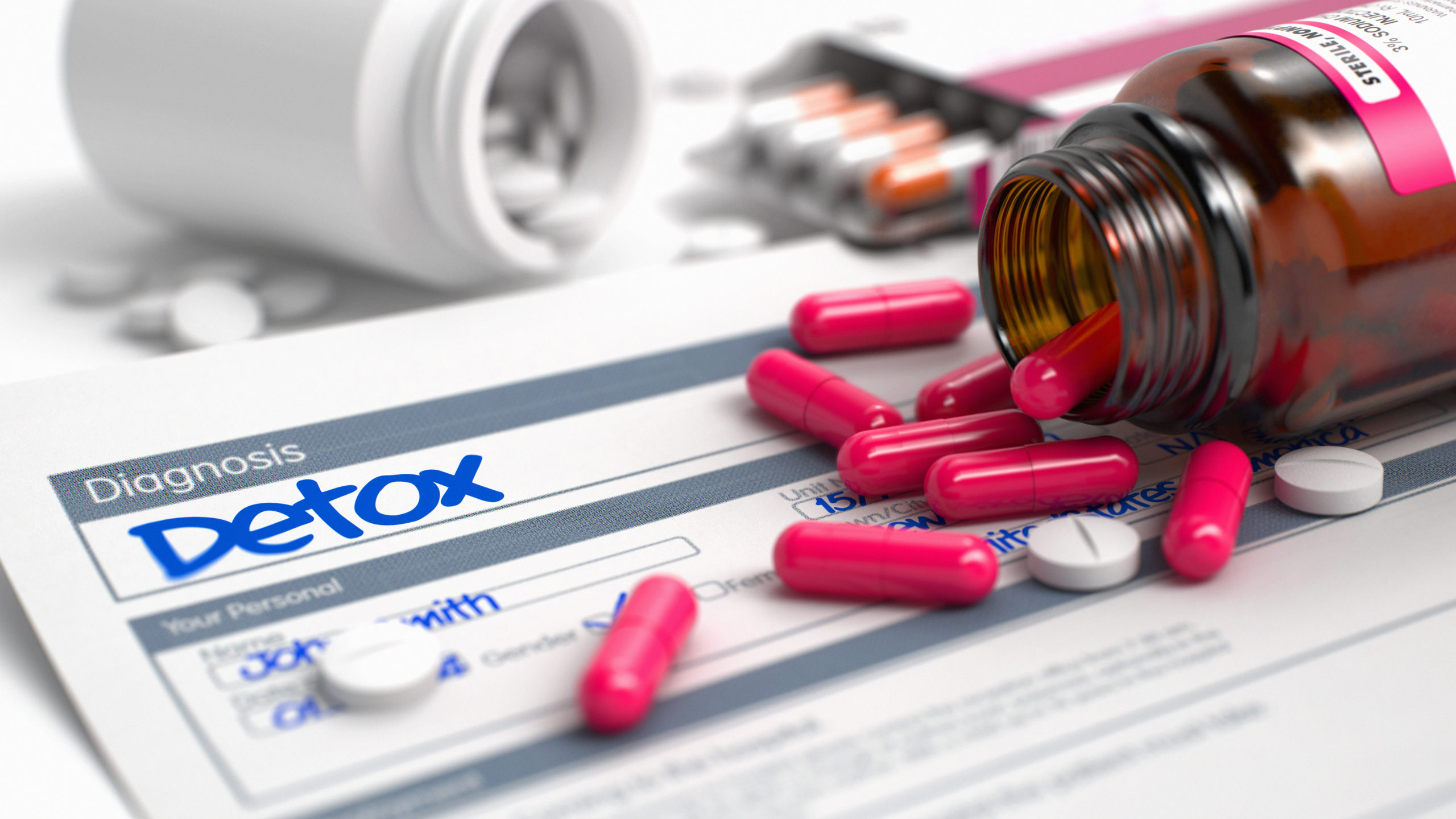Alcohol and drug addiction can keep you in a vicious cycle where you want to get help but keep putting it off one last time. The ongoing cycle never ends until you decide it’s time to get help. While there are several options available for addiction treatment, it’s important to find the method that works best for you. One form of treatment that has worked well for many people dealing with addiction is detox.
What is Detox?
The general definition of detox is to cleanse the blood. This is done by removing any impurities from the liver where toxins are processed and eventually eliminated. With drug or alcohol addiction, detoxification reduces and eliminates the harmful substances from your body. Although detox can be completed in either an inpatient or outpatient setting, it is typically the most effective when done in a residential treatment center.
Detox is not a cure for alcohol or drug addiction. It factors that cause a person to be addicted to a substance are still present. Therefore, it’s a good idea to pair detox with a rehab program to help further guarantee treatment will be a success.
Symptoms of Withdrawal
Substance withdrawal occurs when a person decreases or abruptly stops the use of the substance they have been taking regularly. Some of the symptoms that may occur during drug or alcohol withdrawals include insomnia, nausea, anxiety, body aches, tremors, and sweating.
Different types of substances can cause different symptoms to occur. Here are some of the most common symptoms from drug and alcohol withdrawal.
Alcohol withdrawal symptoms can be very dangerous. They can include hallucinations and seizures that could later become delirium tremens. In the most severe cases, unmanaged withdrawal symptoms from alcohol abuse can be fatal.
Opiate withdrawals can lead to flu-like symptoms such as a runny nose, chills, abdominal cramps, and aching muscles. While they are very uncomfortable, opiate withdrawal symptoms are not life-threatening. Opiates include heroin, codeine, and methadone.
Sedative withdrawal symptoms can be similar to alcohol withdrawals. But they can also include twitches and muscle aches, agitation and insomnia. The symptoms can become worse over time and can eventually become life-threatening if not treated. Sedatives include drugs such as Valiums, Ativan, and Klonopin.
Stimulant withdrawals can include paranoia, malaise, depression, instability, and fatigue. Stimulant drugs include cocaine, MDMA, Adderall, and Ritalin.
The Benefits of a Detox Program at a Recovery Drug & Alcohol Rehab Center
The primary goal of any detox program is to relieve the harmful and uncomfortable withdrawal symptoms. But there are also many other benefits to agreeing to start a detox program.
An inpatient rehab facility has medical staff on hand 24 hours a day. These professionals have the training and knowledge needed to manage the complex physical and mental symptoms of drug and alcohol withdrawal.
Rehab facilities offer a safe place for individuals to recover. This setting takes away the temptations those struggling with addiction would face at home, making the process easier overall. These facilities also have alternative medication available to help with the severe withdrawal symptoms.
Those staying in a rehab facility during detox are protected from any stress triggers that could cause them to turn back to alcohol or drug use. While staying at the center, there is no tension from family members and no day-to-day responsibilities they have to worry about.
Staying at an addiction treatment center is especially recommended for those who have overdosed on drugs or alcohol in the past. Or those who have relapsed after an outpatient detox treatment.
If you or someone you love could benefit from an inpatient detox treatment program, today is the best day to start. For more information on the benefits of detox, contact Newport Beach Recovery in Costa Mesa, CA.


